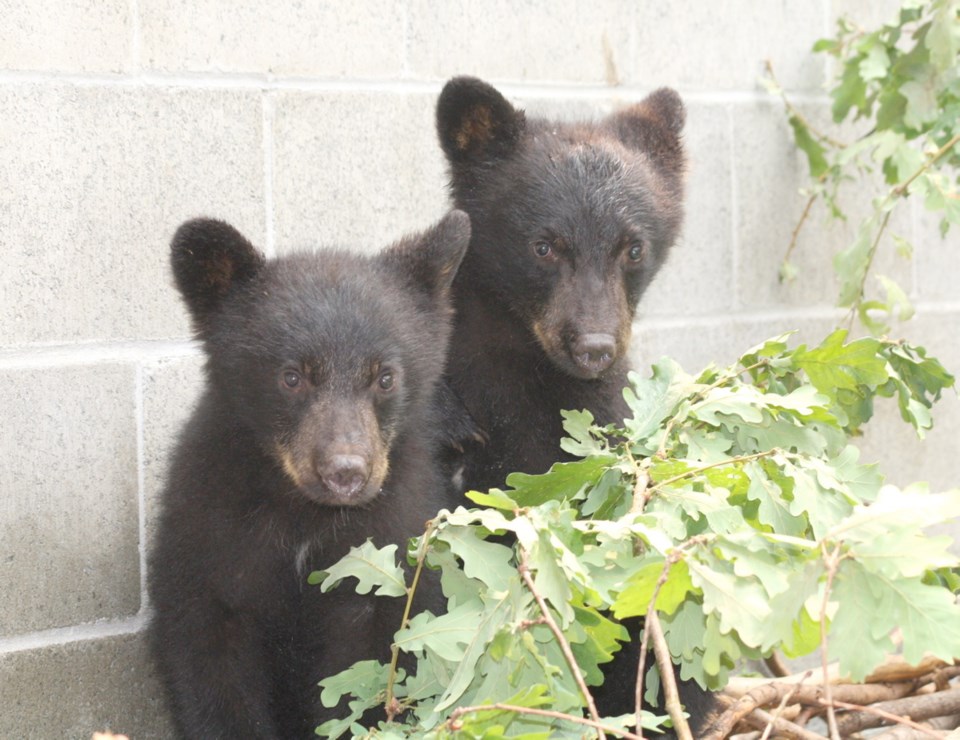The conservation officer who decided — against the advice of his superiors — to spare two bear cubs will not be going back to his job at the Ministry of Environment.
Bryce Casavant’s actions last July came after the cubs’ mother was judged to be too habituated to humans and was killed for twice raiding a freezer at a Port Hardy-area home.
The decision not to kill the cubs led to Casavant’s suspension.
That sparked an online petition for his reinstatement that reached close to 310,000 supporters. The case attracted international attention, which included comedian Ricky Gervais sticking up for Casavant via Twitter.
Casavant, 33, returned to work in late August in a different job at an equal pay grade.
He said he and the government have reached an agreement that sees him become a natural-resource officer with the Ministry of Forests, Lands and Natural Resource Operations, while at the same time pursuing a PhD at Royal Roads University.
“The province of B.C. is fully supporting me in my educational endeavours,” he said.
The general duties of a natural-resource officer include enforcement and patrol relating to resource-management laws, which can cover such areas as the Wildfire Act, the Forest Act and the Water Act.
Casavant described the combination of work and school as “a different direction.”
He said he accepted the consequences after the action he took with the cubs.
“Generally speaking, people are faced with difficult decisions every day in their lives and I made one, and I was willing to be held accountable professionally and legally for that decision,” he said. “This is now the outcome of that.”
Casavant said his PhD research will focus on “the social aspects of conflict wildlife.”
“I think there’s different social perceptions within society of predators, and how that relates to the urban interface, how that shapes our prevention and response measures,” he said.
“It’s not just conservation officers — you have a lot of police responding to conflict wildlife throughout the province.”
The cubs, who have been named Jordan and Athena, were taken to the North Island Wildlife Recovery Centre where they are doing well in the company of other bears.
“It looks very positive,” said centre founder Robin Campbell.
Campbell said the pair will be released this year, likely in the summer or fall.
“They’ll have transmitters on them so we’ll be able to follow them.”



